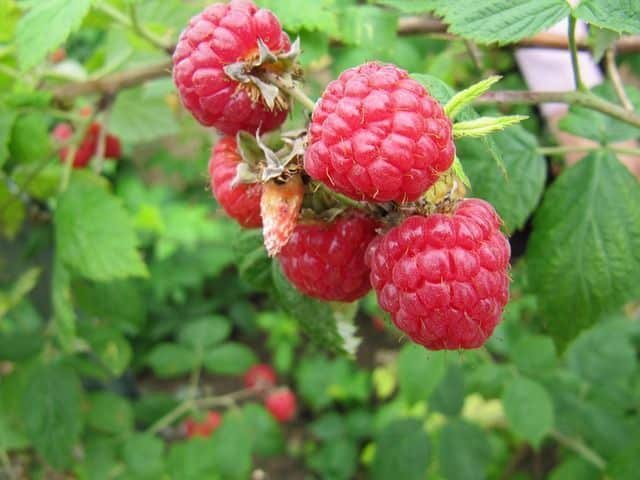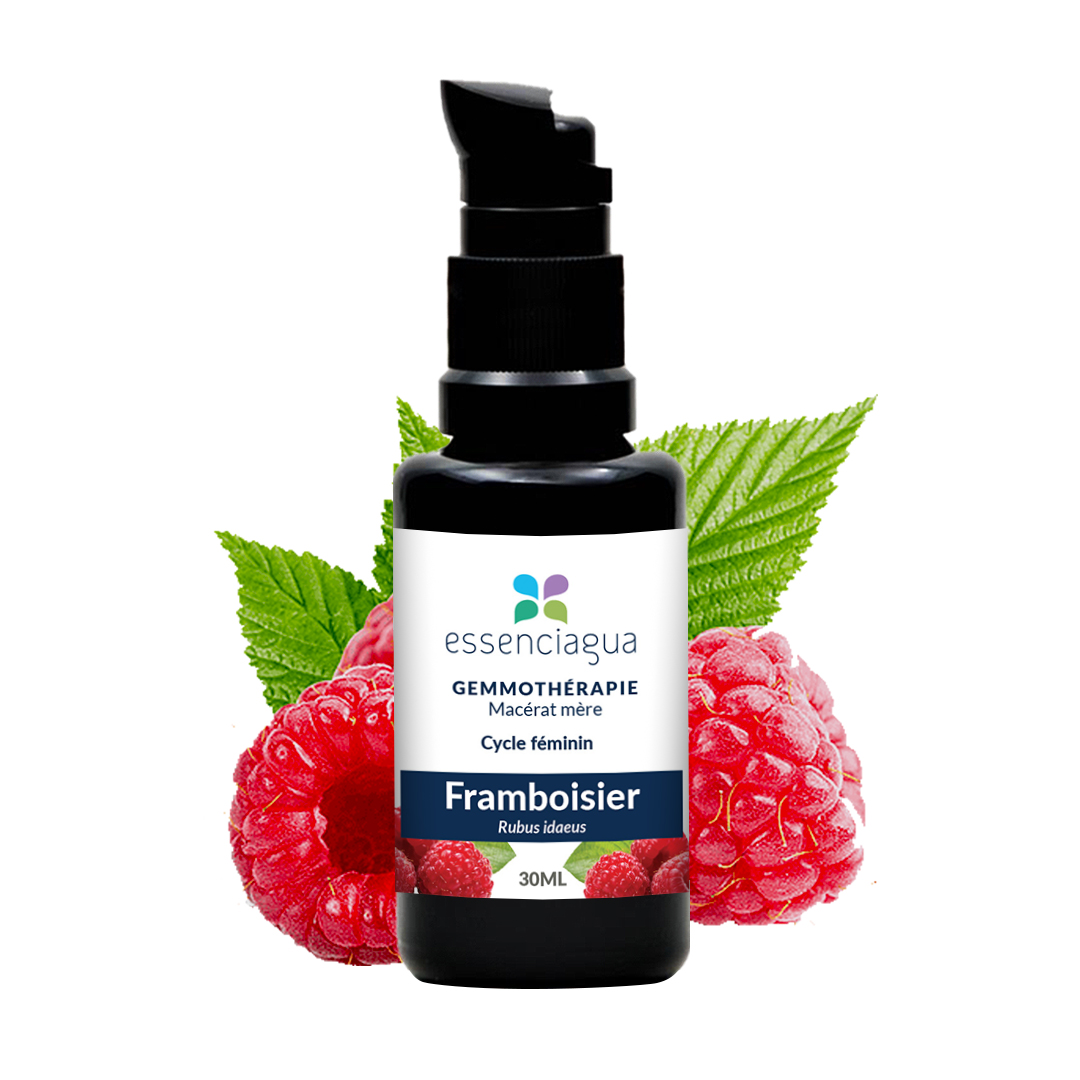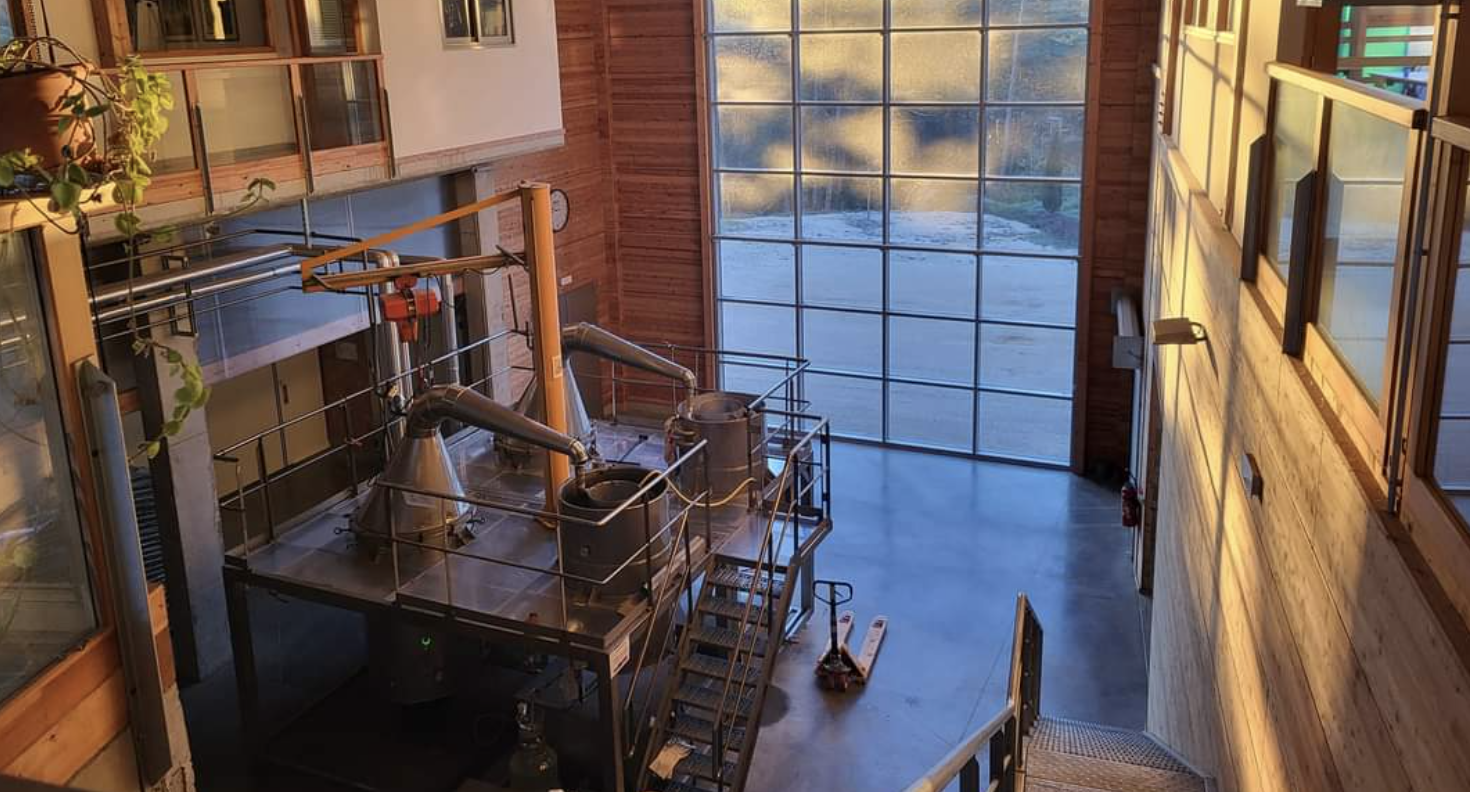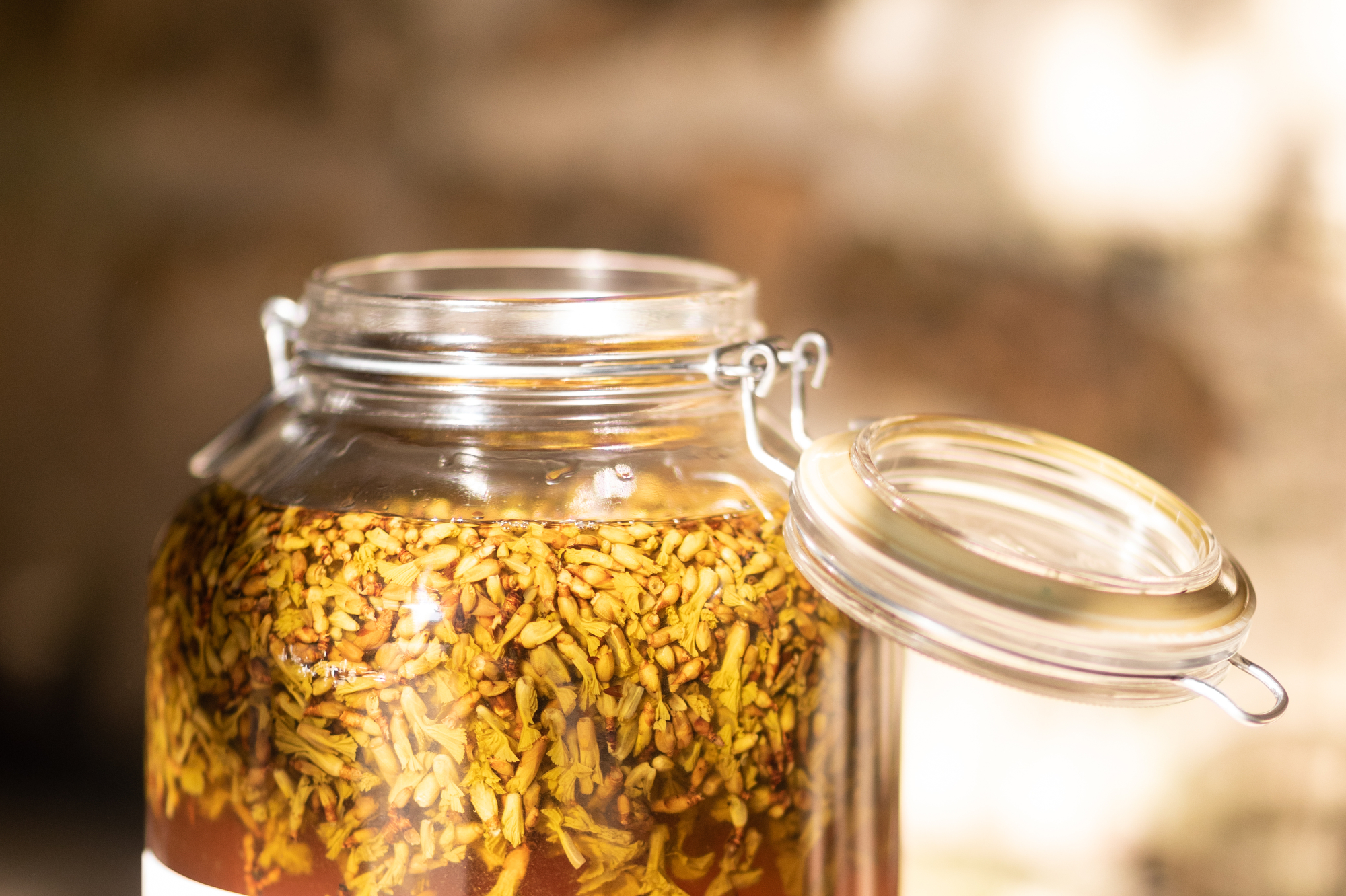The plant

Botanical Family : Rosaceae
Plant part: Bud
Origin: France
The raspberry tree, an emblematic shrub of gardens and borders, is a fruit plant very popular for its delicious red berries which grow in clusters. Native to Europe and Asia, the raspberry tree is a hardy plant that thrives in rich, well-drained soils.
Its jagged green leaves are serrated and provide a striking contrast to the reddish stems that bear the fruit. The white or pink flowers which bloom in spring before giving way to raspberries are very delicate and attract many pollinating insects.
Raspberries, a sweet and tangy fruit, are rich in vitamins and antioxidants. They can be eaten fresh, in jam, in pastries or even in salads. Birds, just like humans, love these small berries and contribute to their dispersal.
The raspberry bush is a symbol of generosity and gluttony. It embodies the sweetness of summer and the joy of the harvest. Its cultivation is relatively easy and requires little maintenance to obtain beautiful, tasty fruits.
Whether at the edge of the garden, in a natural hedge or in the vegetable garden, the raspberry tree brings a touch of freshness and color to our environment. Its presence reminds us of the simple pleasures of nature and invites us to enjoy the little joys it offers us.
What are the benefits of organic Raspberry bud macerate in gemmotherapy?
In gemmotherapy, raspberry bud macerate:
supports ovarian endocrine functions
helps reduce uterine spasms, especially in cases of dysmenorrhea
promotes the establishment or reestablishment of regular and harmonious female cycles
helps reduce discomfort due to premenstrual syndrome or menopause
participates in maintaining the tissue integrity of the female sphere (uterus, ovaries, breasts)
helps regulate the hypothalamic-pituitary-ovarian axis.
The Products

Organic raspberry bud macerate
From puberty, raspberry bud macerate can accompany women throughout all the cycles of their life.
See product











